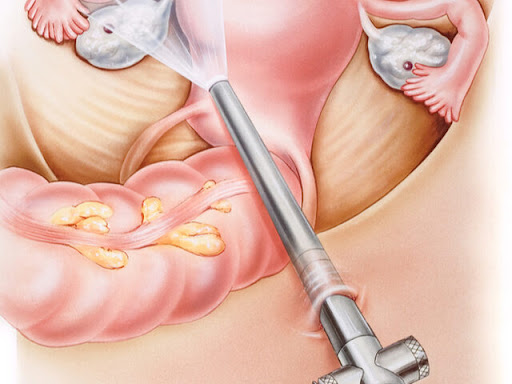Closed Uterus Surgery
with Op. Dr. Hasan Ulaş Başyurt
The uterus is a vital organ in a woman’s reproductive system, responsible for nurturing and carrying a developing fetus during pregnancy. However, there are instances where medical conditions or complications may necessitate the removal of the uterus through a surgical procedure called hysterectomy.

Why is the uterus removed?
A hysterectomy is a surgical procedure in which the uterus is removed, either partially or entirely. There are various medical conditions that may require a hysterectomy:
- Uterine Fibroids
- Endometriosis
- Uterine Prolapse
- Chronic Pelvic Pain
- Gynecologic Cancers
When should I apply for hysterectomy?
The decision to undergo a hysterectomy is a significant one and should be carefully considered in collaboration with your healthcare provider. It is typically recommended when other treatment options have been exhausted or are not suitable for your specific medical condition. Your doctor will assess your individual health circumstances, discuss the potential benefits and risks, and provide guidance on whether a hysterectomy is the most appropriate course of action.

Are there risks of closed hysterectomy?
- Infection
- Bleeding
- Blood Clots
- Damage to Surrounding Organs
- Anesthesia Complications
Do I need to stay in the hospital after closed hysterectomy?
The length of hospital stay after a closed hysterectomy can vary based on individual factors and the type of surgery performed. In many cases, patients may need to stay in the hospital for a few days to monitor recovery and manage any post-operative complications. Your healthcare team will determine the appropriate duration of hospitalization based on your specific needs and recovery progress.
Can I get pregnant after closed hysterectomy?
After a closed hysterectomy, where the uterus is removed, pregnancy is no longer possible. This procedure is considered a definitive solution to various gynecological conditions and is not reversible. If you desire to have children in the future, it is crucial to discuss alternative options with your healthcare provider before proceeding with a hysterectomy.